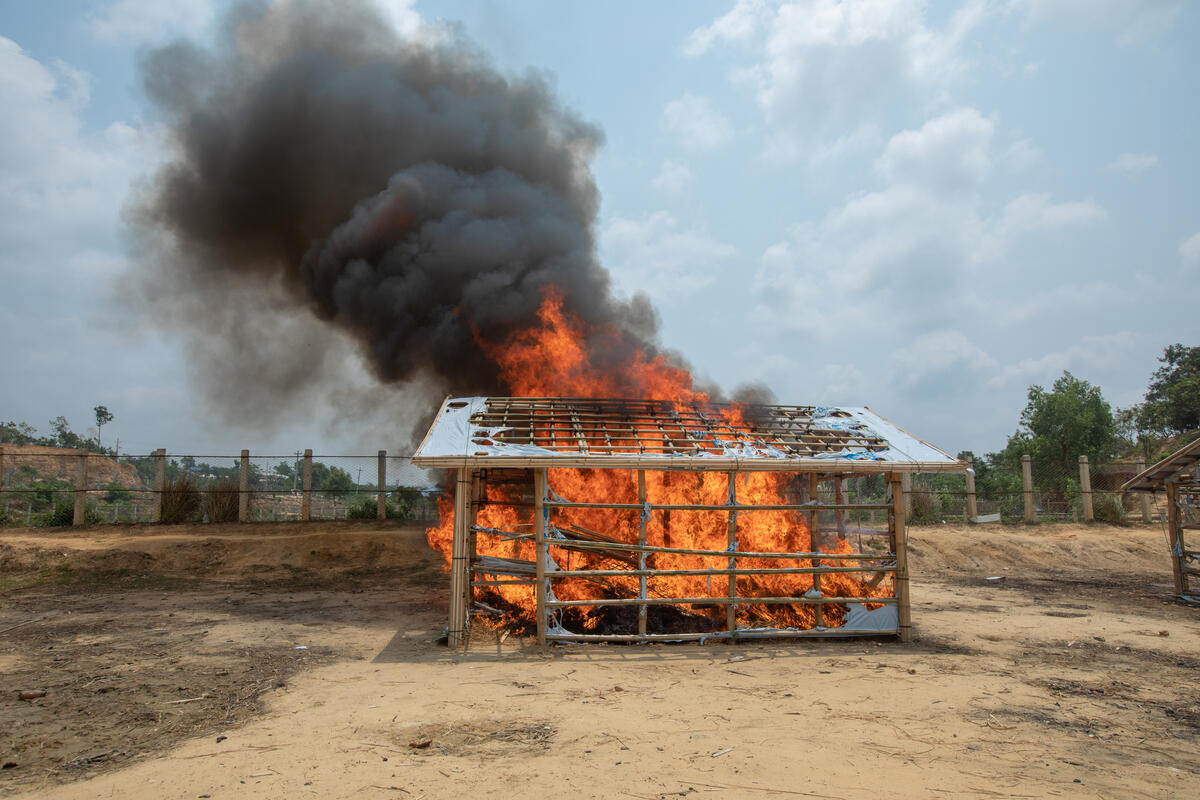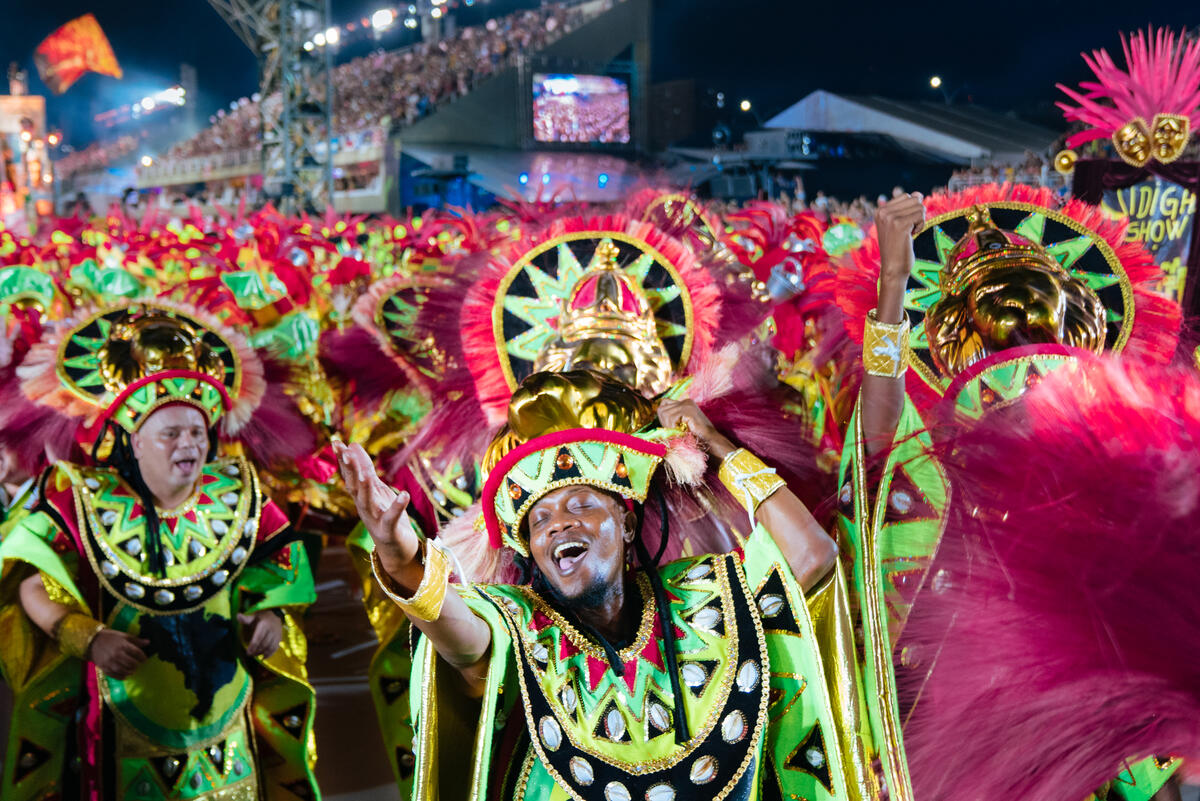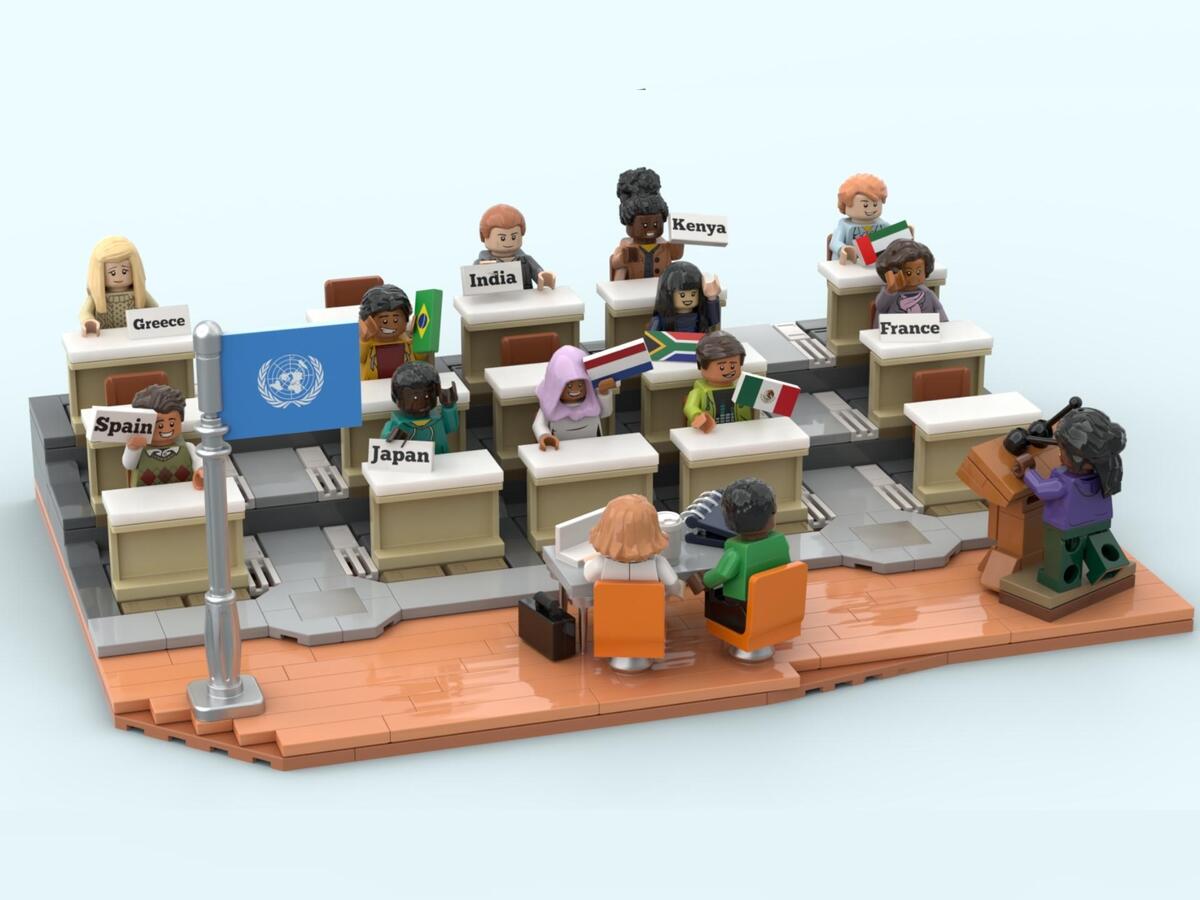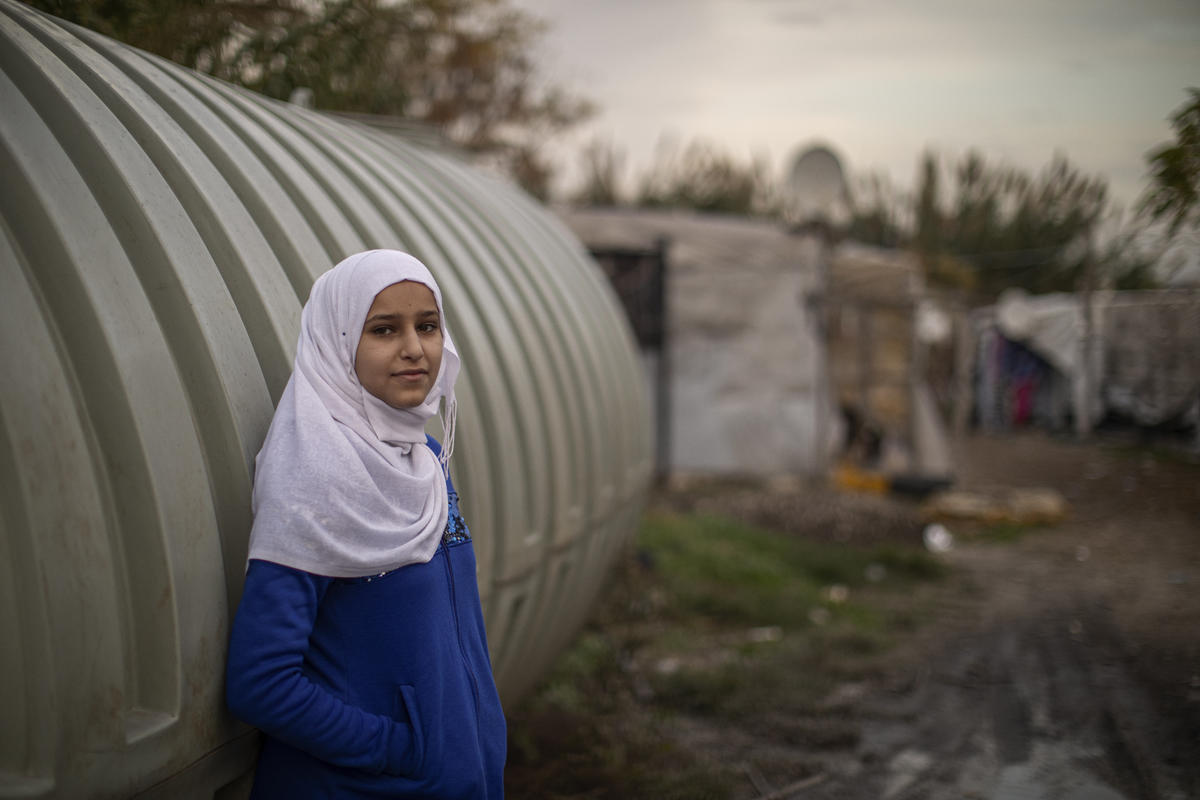Widow conquers her fears and ekes out a living in Congo exile
Widow conquers her fears and ekes out a living in Congo exile

BONDO, Democratic Republic of the Congo, February 8 (UNHCR) - When a vicious Ugandan rebel group forced Marianne and fellow villagers to flee their home in Central African Republic, there was one thing she feared more than anything.
"I was terrified to be abandoned to fend for myself in a foreign place," she told recent UNHCR visitors to Bondo in the Orientale province of northern Democratic Republic of the Congo.
Marianne, who thinks she is in her mid-50s, was a widow when fighters from the Lord's Resistance Army (LRA) attacked the village. What's more, she had no close relatives with her - no wonder she was terrified.
But one year on, she has settled into her new life in this isolated town with the help of UNHCR and other humanitarian groups. Life is hard in Bondo and the surrounding Bas-Uele district, but she has her own plot of land and has integrated well. And she has not given up hope of returning home.
Marianne is one of 800 refugees forced to flee Central African Republic to escape the marauding raids and brutal harassment of the LRA, who have brought misery to the lives of tens of thousands of people in their homeland and across the region over the past two decades.
She fled with almost nothing and had to trek through dense forest for several days to reach the safety of Bas-Uele district. This must have been one of the most traumatic moments for someone scared of the future in a foreign land.
But as soon as Marianne crossed the border, UNHCR took her in charge: she was registered as a refugee, provided with a plot of land and some canvas to prepare a simple home, and given other vital aid items, including a sleeping mat, a jerry can, a mosquito net and clothing.
In addition, UNHCR and the World Food Programme helped Marianne by giving her seeds and agricultural tools. "This help is very important as it improves what I eat and gives me strength," she noted.
And, being a widow living on her own, she needs all her strength to maintain the land and grow enough food. When UNHCR visited, she looked at her field and said she had difficulties removing fallen branches. "I feel old," she sighed.
Marianne said she hoped the season's harvest of beans, sweet potatoes and groundnuts would be enough to feed her and to earn a bit of money at the local market.
"Integration into the local economy is an important aspect of this project as it fosters peaceful coexistence with the local population," stressed Kengo Wakyengo, who works as an associate protection officer for UNHCR in Orientale province. "It also makes the refugee less dependent on outside assistance and helps boost his or her confidence."
The socio-economic activities supported by UNHCR and others are complemented by programmes aimed at improving access to free health care and education for Marianne and her fellow refugees. UNHCR also provides technical support for the region's only radio station, helping promote peaceful coexistence with the local population.
Marianne is grateful for the assistance provided by UNHCR, but she misses her village. As long as the LRA is still active in the region, she will not be able to return home.
She is no longer afraid of being on her own in this foreign land, but confesses with a chuckle, "God willing, I will return to my home village before I die."
By Sebastian Frowein in Bondo, Democratic Republic of the Congo









